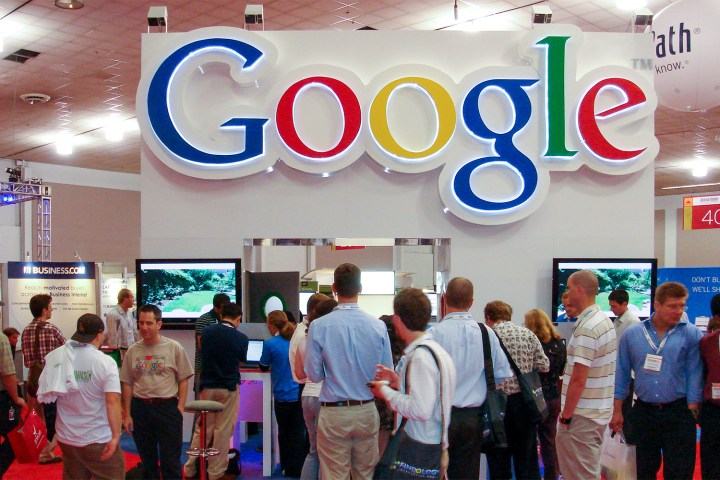
Duo’s big new feature is audio calling. When the app detects a sub-par connection, it will let you switch from a video call to an audio-only one, and once streaming conditions improve, you can switch back with a tap.
Duo already handled weak connections fairly well, but the new Duo goes further. “Duo audio calls work well on all connection speeds and won’t eat up your data,” Google’s vice president of product management, Mario Querioz, said in a blog post. “[In] those moments when video calling isn’t an option — like when you’re about to hop on a crowded bus or you have a poor network connection — you can stay connected with family and friends through audio calling.”
.gif)
Google Allo, meanwhile, is gaining the ability to share files. The new and improved app will let you attach documents and other files (.pdf, .doc, .apk, .zip, and .mp3) with chat participants. And Allo’s machine-learning-powered Smart Smiley feature, which rolled out to English-speaking countries in November, is launching in Brazil — a tap of the Smart Smiley button surfaces emojis and stickers.
In tow with the Duo and Allo updates is an upgraded Google Photos app. Now, on low-speed 2G connections, photo albums will back up in a “lightweight preview quality” mode. They’ll be replaced with high-quality versions when a faster connection becomes available, and the same applies to sharing. On slower connections, you can share pictures by sending a low-resolution version that’ll be replaced with a high-resolution version when “connectivity permits.”
Finally, Google is letting select users in Brazil post directly on search results. When you search for museums, sports teams, sports leagues, movies, and musicians in Brazil, you’ll see custom content from participating organizations.

Those developments dovetail with Google’s other Brazil-specific announcements. Google Assistant is rolling out Brazilian Portuguese on Android phones running Marshmallow and higher; Google is giving a $5 million grant to the Lemann Foundation for an education project in Brazil; Google is adding the São Paulo Museum of Art to the Google Arts & Culture app; and it’s planning to roll out Waze Carpool in Brazil.
The company says that the widespread initiative is the result of research into “mobile-first” developing countries. “[It will] result in great products for everyone, everywhere,” a spokesperson said.
Editors' Recommendations
- The first Google Pixel 9 Pro hands-on photos are here
- There’s a big problem with the iPhone’s Photos app
- Have one of these Google Pixel phones? You’re getting Circle to Search
- Google just announced Android 15. Here’s everything that’s new
- Google just announced five big updates for the Pixel 8 and 8 Pro
